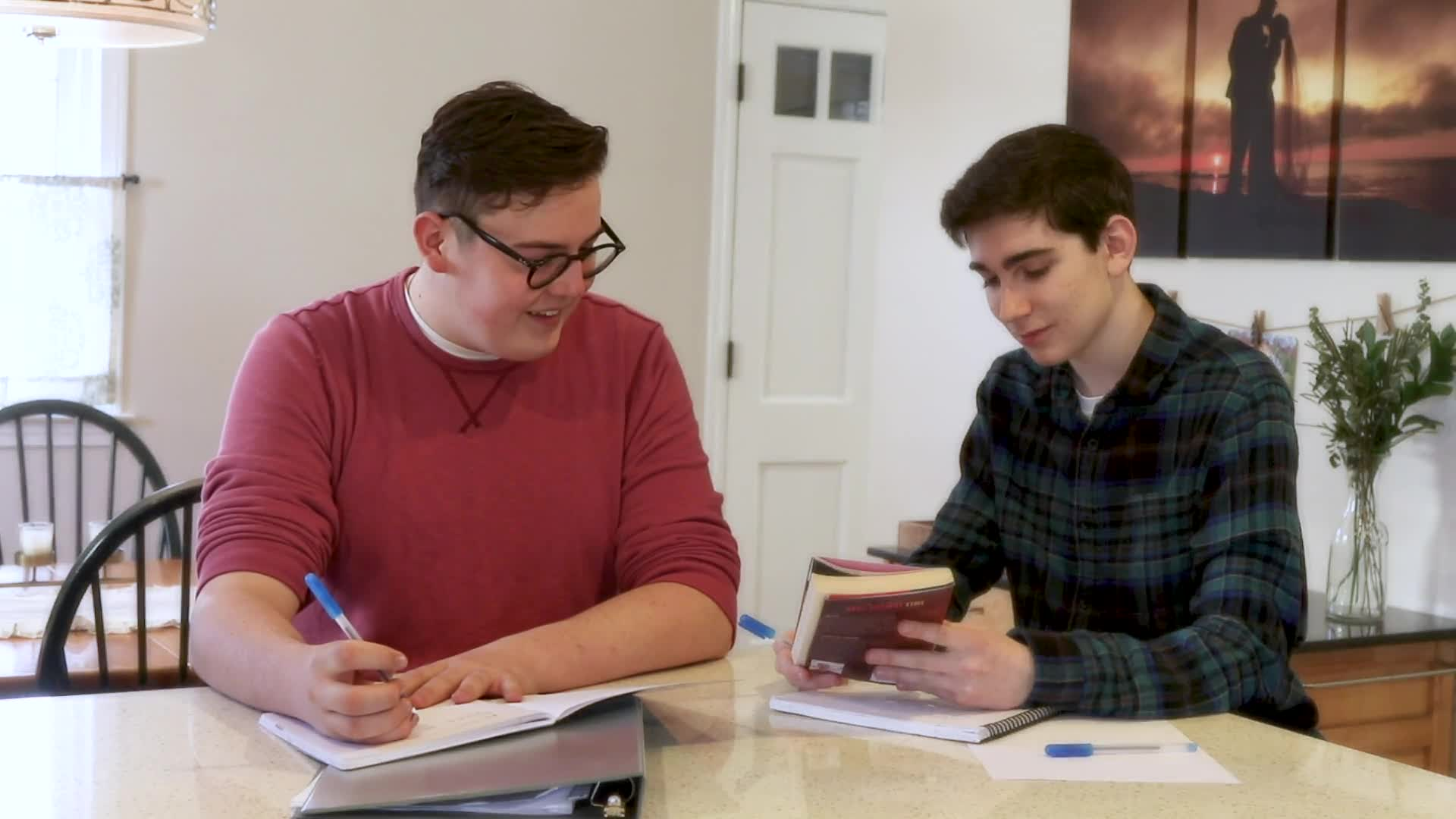Introduction
As educators, we strive to help our students develop strong social skills that will benefit them in their personal and professional lives. One such skill is the ability to engage in meaningful conversations by considering the interests of others. This blog post will introduce the concept of Topic Radar, an effective tool for high school students to think about what other people like to talk about and make sure they talk about more than just their favorite topics. We will also discuss a no-prep activity, discussion questions, related skills, and next steps to help you incorporate this concept into your teaching.
No-Prep Activity
A simple activity that requires no preparation or materials from the educator is “Topic Swap”. In this activity, students pair up and take turns talking about a topic they are interested in for two minutes each. After each round, they must switch to a new topic, preferably one that their partner is interested in. This will help students practice using their Topic Radar to think about the other person’s interests and remember what they know about them, such as their hobbies, family members, or favorite things.
Discussion Questions
- Why is it important to consider the interests of others when engaging in a conversation?
- How can using the Topic Radar help you build stronger connections with your peers?
- What are some strategies to ensure that you are not dominating the conversation with your own interests?
- How can you use your surroundings to find conversation topics that might interest the other person?
- Can you think of a situation where you successfully used the Topic Radar to engage in a meaningful conversation? What was the outcome?
Related Skills
There are several other relevant skills for students to develop alongside the Topic Radar. These include:
- Active listening: Paying close attention to what the other person is saying and responding appropriately.
- Empathy: Understanding and sharing the feelings of others, which can help create a more meaningful conversation.
- Open-ended questions: Asking questions that require more than a yes or no answer to encourage deeper discussions.
- Non-verbal communication: Using body language, facial expressions, and gestures to convey interest and engagement.
- Conflict resolution: Navigating disagreements or differences of opinion in a respectful and constructive manner.
Next Steps
Now that you have learned about the Topic Radar and its benefits for high school students, we encourage you to incorporate this concept into your teaching. To help you get started, sign up for free samples of the discussed skill and others, which include engaging activities and resources designed to support the development of social-emotional learning skills in your students.






